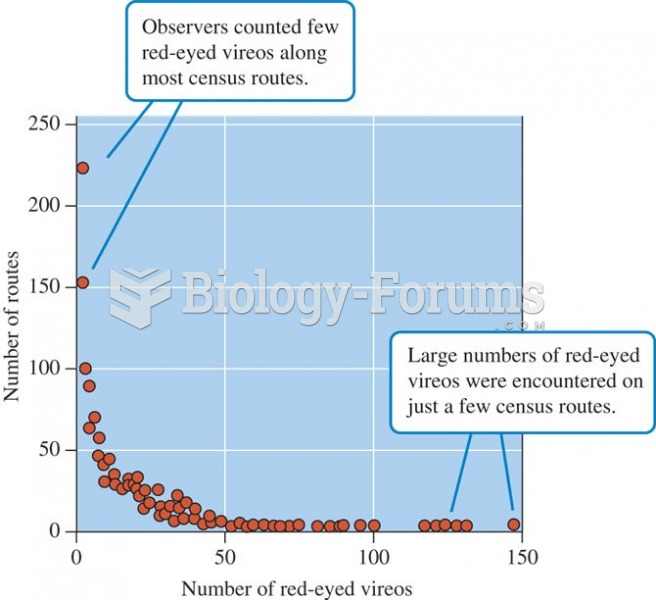|
|
|
The top 10 most important tips that will help you grow old gracefully include (1) quit smoking, (2) keep your weight down, (3) take supplements, (4) skip a meal each day or fast 1 day per week, (5) get a pet, (6) get medical help for chronic pain, (7) walk regularly, (8) reduce arguments, (9) put live plants in your living space, and (10) do some weight training.
About 3.2 billion people, nearly half the world population, are at risk for malaria. In 2015, there are about 214 million malaria cases and an estimated 438,000 malaria deaths.
Colchicine is a highly poisonous alkaloid originally extracted from a type of saffron plant that is used mainly to treat gout.
One way to reduce acid reflux is to lose two or three pounds. Most people lose weight in the belly area first when they increase exercise, meaning that heartburn can be reduced quickly by this method.
More than nineteen million Americans carry the factor V gene that causes blood clots, pulmonary embolism, and heart disease.
 People whose behaviors violate norms are often called mentally ill. “Why else would they do such ...
People whose behaviors violate norms are often called mentally ill. “Why else would they do such ...
 Children with disabilities used to be sent to special schools. In a process called mainstreaming or ...
Children with disabilities used to be sent to special schools. In a process called mainstreaming or ...





